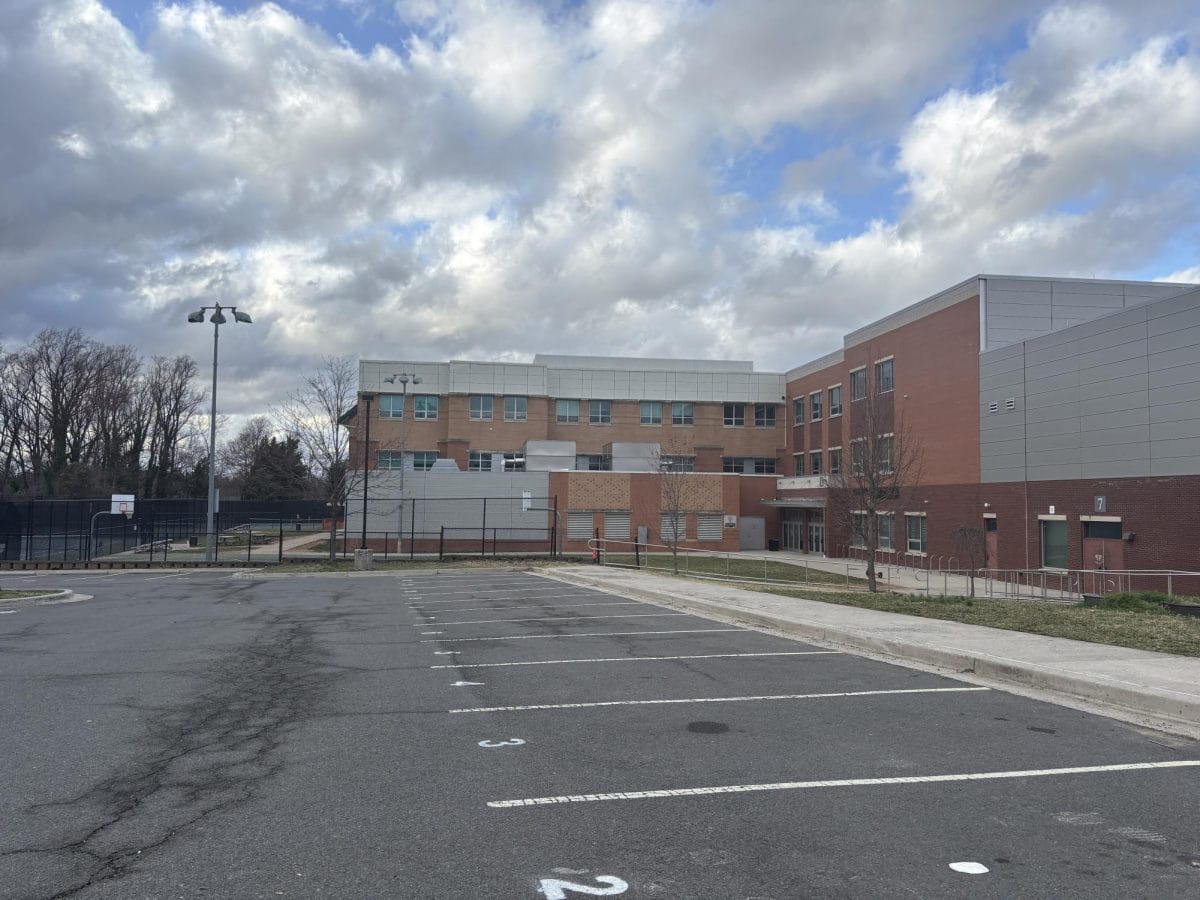Warning: Spoilers Ahead
The most recent Star Wars trilogy culminated with the release of The Rise of Skywalker on December 20. While it faced much hype and attention, as all Star Wars movies do, this installment was a critical film that would not only mark the end of the ‘sequel’ trilogy, but also carry the weight of properly finishing the Skywalker Saga.
Unfortunately, the movie fell far short of expectations and leaves fans with more questions than answers. Rise of Skywalker, directed by JJ Abrams, was a flawed movie from start to finish. Although it was undoubtedly an entertaining spectacle, the movie was burdened by a blistering pace littered with poor storytelling, which ultimately led up to a big reveal that made little sense.
In the first hour of the movie, we jump lightning-fast from one planet to another — leaving viewers little time to catch their breath. No scene from the first half resonates powerfully with the audience, as we have almost no time to process what just happened before the story moves on. The plot moves so fast that it is easy to get confused by the convoluted storyline, which was only briefly explained.
This is not completely JJ Abrams’ fault, as a multitude of factors led to Rise of Skywalker’s peculiar development. A short deadline meant the film was reportedly still being finalized just days before the premiere, and that was after a six month extension. The untimely death of Carrie Fisher, who played Princess Leia Organa, allegedly forced Disney (owners of the Star Wars franchise) to rewrite the planned scripts. In addition to these problems, the second movie of the trilogy, named The Last Jedi and directed by Rian Johnson, moved at a much slower pace. This meant Abrams had more content to fit into a shorter time frame.
In The Last Jedi, Johnson made several surprising decisions that consequently impacted Rise of Skywalker. The best scene of the entire trilogy, the fight scene in the throne room of the First Order headquarters, results in the death of Supreme Leader Snoke. Killing off the ultimate bad villain of the trilogy in the second movie was bold, and it meant Kylo Ren was the only remaining antagonist. Abrams could have rolled with this, but Ren’s character arc back into Ben Solo was already near completion, so he felt as if the Resistance needed another big bad enemy. Enter: Emperor Palpatine, somehow?
Palpatine’s mysterious survival and hiding on the Sith planet of Exagal is, quite frankly, stupid and unimaginative. His survival is not only hard to believe, but it also undermines the previous movies. Darth Vader’s transformation back to Anakin Skywalker and self-sacrifice to kill Palpatine is far less meaningful now that we have learned Palpatine is still alive. His reappearance is painfully uncreative, and the only explanation of his survival that Abrams offered was the first line of the opening scroll: “The dead speak!”
The return of Palpatine is another example of modern Star Wars relying on nostalgia to make up for poor storytelling and a lack of new, innovative ideas. The Force Awakens, the first movie of the trilogy which was also directed by Abrams, was essentially just a remake of the original Star Wars, with Starkiller Base a near replica of the Death Star. Rise of Skywalker is plagued by a similar problem, as some moments seem to be included for the purpose of creating nostalgia. In Rise of Skywalker, these moments at least keep the story moving, but some instances make little sense. For instance, Lando Calrissian, a beloved character from the original trilogy, is on the desert planet of Pasaana for some unknown reason. He says that he stayed there after Luke left without the Sith dagger our heroes are searching for, but it is unclear what he was doing all this time. Lando then says his flying days are over, and that’s why he is choosing not to help the Resistance. The next time we see him, he is piloting the Millenium Falcon and helping the Resistance.
But Palpatine hiding on a secret planet for decades is still not the biggest problem with this movie: it is Rey’s heritage. Johnson clearly established in The Last Jedi that Rey has no notable parents and that her family did not pass down her force sensitivity. This was a positive message to send to the millions who saw the movie: anyone can be successful and powerful, it does not depend on your genes. Yet Abrams completely contradicted Johnson’s work, with the movie’s big reveal that Rey is Palpatine’s granddaughter.
Rise of Skywalker also relied on fake deaths for emotional impact in the moment, but our heroes suffer from none of the actual consequences. Chewbacca’s apparent death seemed like a momentous scene in the movie, as Rey blamed herself and an integral piece of the team was now gone. But just half an hour later, Rey senses Chewbacca on Kylo Renn’s ship, and we learn that he somehow was on a different freighter in the area, even though we only ever saw one.
Kylo Ren also seemed to have died twice before his actual death. First, Rey defeats him in a lightsaber duel, in part because Han Solo reached out to him through the force, but then she brings him back to life with her mystical new power. This was defensible, as it was the completion of Ren’s arc back to Ben Solo. How he survived a fall down to the core of Exagal, however, makes no sense. The only purpose of him somehow escaping death during that fall was so he could kiss Rey before finally succumbing to his wounds.
The audience was also tricked into thinking C3PO was making a heroic sacrifice, as his entire memory would be wiped in order for the Sith language to be translated. This was an extremely emotional moment, as C3PO was along for every daring mission in the Skywalker Saga movie and lived to tell the tale. It seemed fitting that, as the Saga concluded, so would C3PO as we know him. Abrams then decided to have his memory miraculously restored by R2D2, so his sacrifice was actually meaningless.
These fake deaths are cheap and manipulative, and are indicative of a broader problem with the entire sequel trilogy. A lack of consequences for our heroes makes the story almost bland and predictable. In the original trilogy, character flaws and unexpected problems lead to trouble – Luke Skywalker loses his hand and Han Solo is frozen in carbonite, for example. But in the sequel trilogy, the most emotional and consequential moments were caused from real-life circumstances — Harrison Ford wanting out of the franchise and Carrie Fisher’s passing — instead of a daring decision by Abrams or Johnson. We expect our favorite characters to prevail in the end, as Star Wars has always been defined by the themes of good overcoming evil and hope overcoming despair. That did not change for this trilogy nor should it, but the narrative arc has to be stronger to have a truly compelling story.
While Rise of Skywalker has earned over a billion dollars worldwide, a gargantuan figure, it’s box office numbers have been lagging behind The Force Awakens and The Last Jedi. Some analysts think this is due to the excess of Star Wars releases since Disney bought the franchise — an aggressive five new movies in just four years. However, this theory can be debunked by another Disney entity, the Marvel universe, which has released 19 movies since 2008 and only experienced box office growth. The hard truth is that, if Disney keeps producing subpar movies, fans will lose interest — even if it is Star Wars.
The problems with Rise of Skywalker do not keep the movie from being exciting, and at times captivating. Kylo Ren’s lightsaber duel against Rey on the Death Star ruins, with waves rattling around them and water whipping them throughout, is the highlight of the film and one of the most thrilling sequences in the entire franchise. Lando’s sudden arrival at Exagal with thousands of ships from across the galaxy is also a breathtaking scene that proves instrumental in the Resistance’s victory. However, these moments are overshadowed by poor filmmaking, a clear lack of original ideas and an egregious amount of cheap storytelling.







































